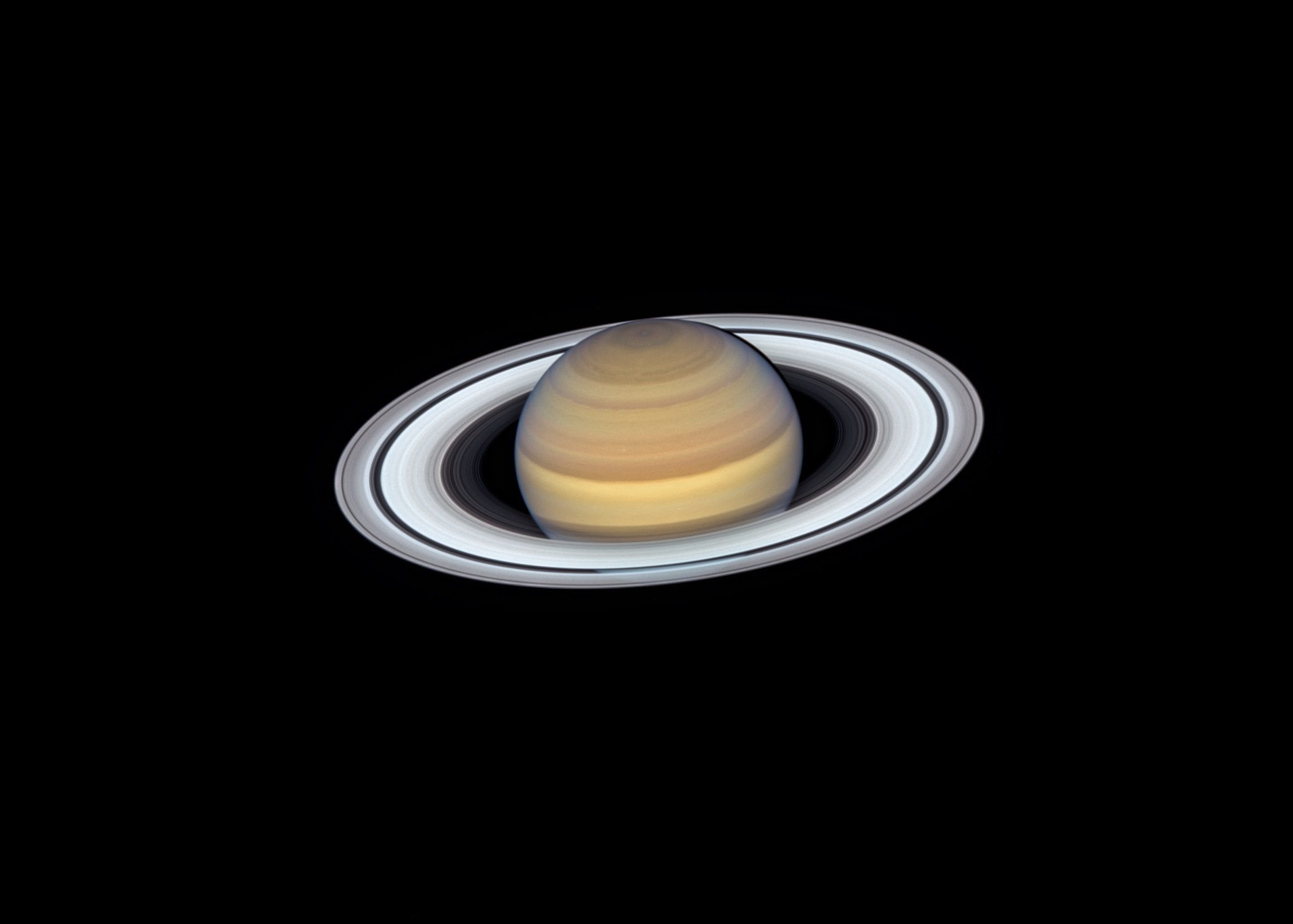It doesn’t seem to matter how many times astrology gets debunked – many still believe that the movements of celestial bodies billions of kilometers away can dictate events here on Earth. It may be comforting to be able to blame a planet’s backwards orbit when you have a string of bad luck, or to believe that the pitfalls in your love life would be solved if only you pursued partners born in the correct month, but there’s simply no scientific evidence to back this up.
While horoscopes are still a common feature in newspapers and magazines, and you can easily look up the dates of the next few Mercury retrogrades if you want to prepare yourself for it having no impact on your life, there’s another astrological phenomenon that’s perhaps a bit less well known. It’s all to do with the planet Saturn and its once-in-three-decades “return”.
“Every single celestial body tracked in astrology has its own orbit that crosses through all 12 zodiac signs in the map of the sky,” explained astrologer Aliza Kelly for The Cut. “The amount of time it takes a planet to orbit and return to the place it occupied in your birth chart – a.k.a. an exact snapshot of the sky on the date, place, and time you were born – is referred to as a return. A Saturn Return happens approximately every 29.5 years.”
So, as you approach every third decade of your life, the planet Saturn finds itself back in the same place in the sky that it held at the moment of your birth. Unfortunately for believers, there’s nothing especially mysterious about this fact. It is true that Saturn’s orbit around the Sun, one full year on the planet, is equivalent to 29.4 Earth years. Other planets, with different lengths of orbit, will have their “returns” at different times. Where things get pseudoscience-y is in the effects that our Saturn returns can supposedly have on our lives.
Some astrologers have suggested that you actually start feeling the impact of the upcoming Saturn return a couple of years before it happens. But, if you’re reading this in your late twenties, and feeling nervous or under pressure about reaching the big 3-0, we would gently suggest that societal expectations around what you’re supposed to have achieved by the end of your twenties probably play a bigger role in that than the specific heavenly position of a massive ringed planet.
In astrological terms, Saturn is known as the “teacher” or “taskmaster”. This is why Saturn returns are associated with moments of reflection and major life transitions. Around your 30th birthday, that might be career changes, marriage, or parenthood; as you approach 60 you might be starting to think about retirement. If you reach your third Saturn return, astrologers suggest that this marks a transition to the final stages of life.

Saturn’s radiant rings and mysterious moons arguably have much more to teach us than its path across the skies. Image credit: NASA, ESA, A. Simon (GSFC), M.H. Wong (University of California, Berkeley) and the OPAL Team
The thing is, though, even if you’d never heard of a Saturn return before reading this article, you most likely would already have associated these ages with these kinds of milestones. A big birthday can often be a time of uncertainty, questioning, and re-evaluating. Sometimes, there are external factors that compound this. Think about the last few years: how many early ’90s kids expected to see out their twenties in the shadow of a pandemic? Conversely, some people breeze through these periods of their lives with no difficulties whatsoever.
As with all astrology and similar belief systems, there’s no evidence to suggest that this has anything to do with mystical celestial forces.
Astrologists suggest various coping strategies to get through your Saturn return. And, while we can’t stress enough that the trajectory of a planet at least 1.2 billion kilometers (746 million miles) away has precious little to do with life on Earth (unless you’re an astronomer or astrophysicist, that is), there’s nothing wrong with practicing more self-care during times of upheaval.
“The Saturn return is a rite of passage that ushers us into maturity,” writes Tenae Steward for Whimsy Soul. “Instead of feeling fearful of what could happen during your Saturn return and instead of feeling like this period will never end, focus on the future.”
That, we can get on board with. Just maybe leave the zodiac out of it.
Source Link: Is Your "Saturn Return" Coming Up? Here's Why You Shouldn't Worry